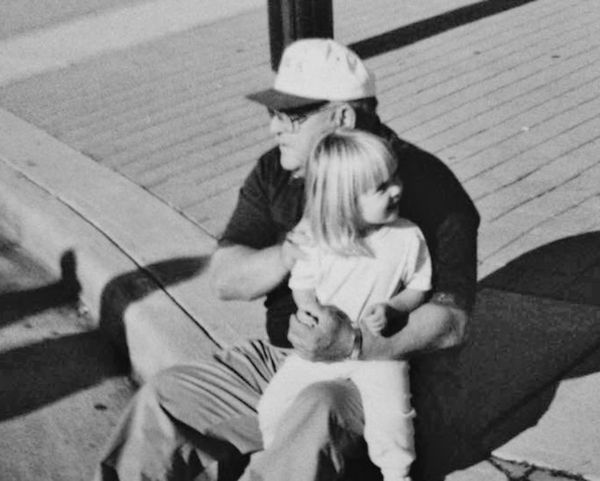I believe people have a misconception of what the funeral service industry is and what we actually do. What does happen to the human body at the funeral home after the death? My name is Gabrielle Gray and I have been in the funeral service industry for almost 3 years, starting when I was 17 years old. I have worked at both Grace Memorial Chapel and Trout Funeral Home and Crematory in Ponca City, Oklahoma, and Matthews Funeral Home in Edmond, Oklahoma, and I am now employed at Hahn-Cook/Street and Draper in Oklahoma City. I am currently attending the Funeral Service program at the University of Central Oklahoma in Edmond. When I graduate, I plan on going back to Ponca City and serving my community.
I love the song “Famous in a Small Town,” by Miranda Lambert and made it the title because it couldn’t fit my hometown anymore perfectly. In a small town, when someone dies no matter who the person may be, somebody out there has a story to tell about them. One of the best things about coming from a smaller community are gestures and help that the community will do for others especially in a sorrowful time like death. My career is very important to me and you either love this job or you don’t. I am a firm believer that this career is a calling and we do it to help the family, and reduce the effects of disease, age and trauma.
Being from a smaller community and working at both of the funeral homes, I have had to bury a lot of people I knew or whom were family. I never in my life thought that the very first person I would be doing cosmetics on and placing in a casket would be a classmate who I sat next to in class every day in high school. I love being able to take care of younger people who pass away because it’s almost like I can relate to them and be more understanding towards their cause of death. My favorite part is getting the person ready for their visitation and doing their makeup. In the funeral industry, there is a difference between putting makeup on someone for prom and doing someone’s makeup for their funeral. My passion comes from deep down in my heart and for a slight moment if you take a step back and cherish the moment with this deceased person, you will realize that this isn’t a job anymore it’s a lifestyle and love for a complete stranger who at the end of the day becomes one of your own.
Some people don’t like to talk about this topic and we don’t take any of this personal because we understand. That’s why I am writing this article to show you that this isn’t the creepy profession you thought it was. Most people think, "Gross! How do you do this and how do you do that?" Well how does a cardiac surgeon operate on somebody's heart? Embalming is the sanitation and temporary preservation of the deceased. The history of embalming started and was originally done by the Egyptians back in ancient times, and was primarily accomplished by a soaking process in a salt solution. You see the funeral related shows like "Ghost Whisperer" and "6 Feet Under," those are just Hollywood and glamorized. A lot of people feel that we don’t care and we don’t have feelings but funeral directors do. I have been behind closed doors many times and have cried over situations that families have had to go through. Something I think that people would like to know, is that we come to work every day to serve the living, most people think we come to work to serve the dead but really the death is just a part of what we do, were actually here to comfort the grieving families and to get them through the grief process as smoothly as possible.
Unfortunately many people are escaping from doing funerals for their loved ones stating “they don’t have time for this” or “the death of whoever is an inconvenience for me.” No it's not, we need to care more about people and each other. Love the ones that you have. Life is short, so don’t put it off until tomorrow.




















